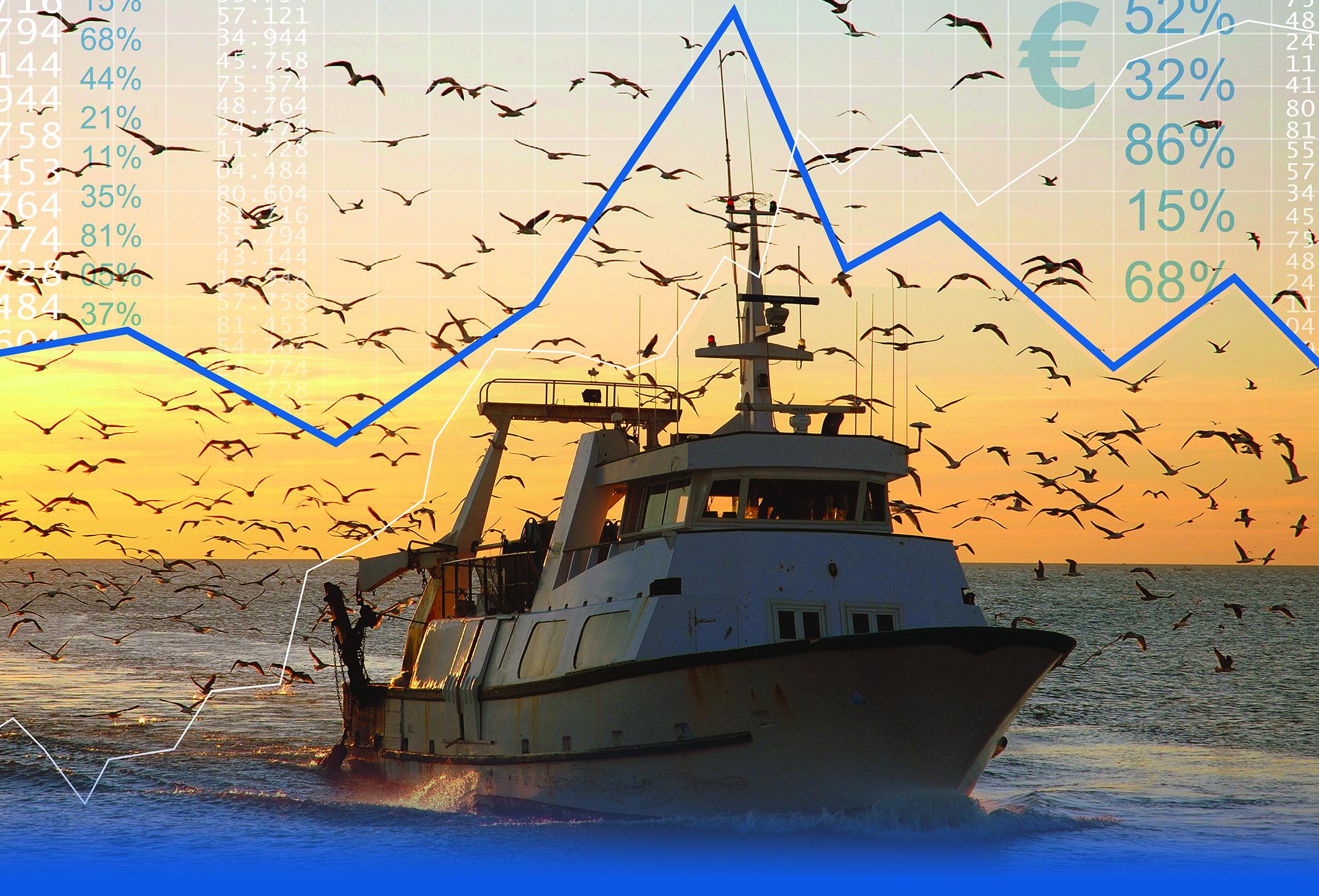News Digest n.6 / 2025
Farmed Atlantic salmon safer to eat, but now contains less omega-3, long-term study finds
A 16-year study by Norway's Institute of Marine Research found that farmed Atlantic salmon's nutritional profile has changed, with lower levels of beneficial omega-3 fatty acids. The shift from marine-based to plant-based ingredients has led to a decline in marine-derived nutrients, vitamin D content, and selenium levels. However, the study concluded that salmon remains a beneficial dietary choice, providing essential nutrients like EPA, DHA, vitamin D, and selenium.
EU fish populations show signs of recovery, but more efforts needed as key species struggle
The Commission is preparing proposals for fishing opportunities for 2026, aiming to keep fish stocks at sustainable levels while addressing pressures on key species. The North-East Atlantic, Mediterranean, and Black Seas fish stocks are improving, but the Baltic Sea remains a significant concern. The Commission is also evaluating the common fisheries policy and implementing EU legislation to support recovery efforts.
European Union and Côte d’Ivoire renew their sustainable fisheries partnership
The EU and Côte d'Ivoire have signed a protocol resuming cooperation under a fisheries partnership agreement. The protocol grants EU vessels access to Côte d'Ivoire's waters for four years and the right to fish 6100 tonnes of tuna and other migratory species per year. It aims to increase food security and promote fisheries products to the EU market.
Spain Leads Southern Europe in Sustainable Fishmeal and Fish Oil Production
A recent global study reveals that Spain is the southern European country with the most sustainable profile in fishmeal and fish oil production. The study highlights that while whole fish still dominates production volumes, by-products from fisheries and aquaculture are the most commonly used raw materials, accounting for 49% of cases.
